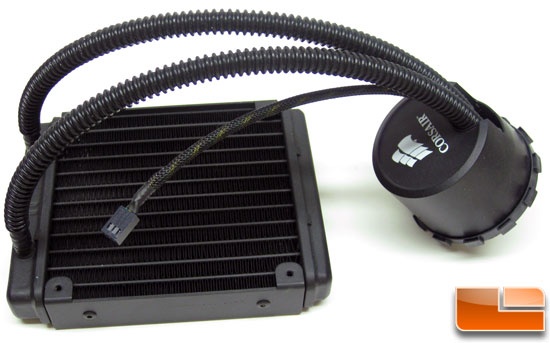Why Do I Need Cooling?
As you’ve most likely experienced with a laptop on your lap, computers produce a lot of heat! This is similar to a car engine getting hotter as it’s put through more work. The higher the revs the more the heat. As a computer gets more stressed, it puts out more heat. Most processors (the engine of the computer) nowadays actually slow themselves down as they get hotter, this is called thermal throttling, and it protects the processor from damaging itself. In emergencies, the computer will turn itself off or restart itself if it detects very high temperatures.
Is It Normal For My Laptop To Get Hot?
Absolutely! Depending on the design and specifications of your laptop (especially Macbooks), laptops can get very hot. Unfortunately, the nice thin design of most new laptops is really hard to cool, as it means there is not enough space for big fans or radiators. The best solution is to use your laptop on a solid, flat surface, which gives it more room for airflow to the cooler. Your bed or your knee, for example, can block the fan intake! You can also clean out the cooler with compressed air, as they are like little vacuums, sucking up dust that can clog the radiator. If you need help with this or blowing air didn’t make much difference, we are able to disassemble your laptop and give it a thorough clean out which will help your computer to perform better.
What Is Water Cooling?
Water cooling loops are similar to a car radiator: hollow blocks of metal, usually copper, that are screwed onto important components such as the processor and graphics cards. These blocks are then connected by tubes to a pump, which pushes the water through a radiator. The radiator cools the water, which has been heated by the processor. The cool water then is pumped back to the processor to continue the cycle.
Why Do People Use Water Cooling?
Water cooling is an expensive option, however, it is used due to how compact it can become while still providing effective cooling in a small PC. It is also used to overclock a CPU for the highest performance possible in a full sized desktop PC. Compared to water cooling, air cooling is less efficient for heat transfer, but cheaper and bulkier.
Should I Use Water Cooling?
Unfortunately, even though water cooling is very effective and definitely capable of impressive performance, we can’t recommend it. This is down to what’s probably the most obvious problem: Water and electronics don’t mix. Off-the-shelf water cooling loops are sealed at the factory, and aren’t user serviceable. The seals perish eventually, and can leak water onto the most important parts of your computer. Recently, we’ve seen two water cooled gaming PCs in our workshop, both had leaking coolers. One of them got lucky in the fact that the only component that was damaged was the graphics card. The other, unfortunately, had to replace the motherboard, which, due to compatibility issues, meant also replacing the processor and RAM.
Water cooling is a very tempting upgrade, but in our opinion, the risks outweigh the rewards.
- James


